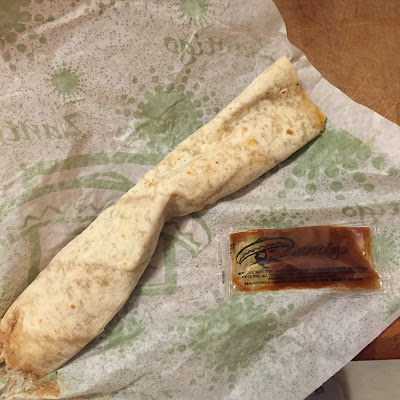Cooking Matters
Once a week I head into Minneapolis and meet with more than a dozen students interested in learning how to cook, how to shop on a budget, and how to make nutritious and delicious meals for their families. We meet at the elementary where their kids go to school, and before class begins we get friendly visits from curious kids. "What are you making tonight? Are you going to make chocolate cake?" they ask.
One the first night of class we take turns describing our favorite foods. Regardless of ethnicity and age, we all get excited when we hear that someone else loves Chinese food or tamales or salmon. Food unites. I ask students what they want to learn and why. One woman tells us that her children are obese and recently diagnosed with diabetes. For her, this class is vital to saving her children. Another woman says she wants to learn to cook better, and save money instead of getting take out every night.
Two chefs teach cooking skills and give incite on getting children to eat vegetables. A nutritionist provides lessons on what makes whole wheat better than processed wheat and why brown rice is healthier than white rice. My role as classroom manager is one part game show host, one part busser. I divvy out name tags and joke with the group about our lone male's excellent knife skills (that guy can CHOP!). I run around the kitchen making sure everyone is participating and understands the lessons. I try to speak slow enough for the interpreter to translate for the Spanish speakers.
As each two hour class progresses, the little kitchen fills with the smells of dinner. One night we cook jambalaya with barley, another night it is chicken and rice. We share the food and decide how we will make it spicier, less spicy, what vegetables we might add. After class, each student brings home a grocery bag with ingredients to make the same meal at home for their families. Pizza dough isn't as intimidating once each student gets a crack at kneading, and we talk about how their kids are reacting to new foods appearing on the kitchen table. One of our chefs reminds the students to bring their kids into the kitchen and let them take ownership of the vegetables topping their pizza.
Knowing how to cook is an empowering skill. Unlike grabbing frozen pizza or a box of Hamburger Helper, cooking skills allow us to make healthier and inexpensive choices. Cooking Matters (formerly known as Operation Frontline) brings together chefs, nutritionists, and families who want to make healthy choices. I was pretty jazzed when a StarTribune reporter showed up for our class last week. Tonight, I'll pass yesterday's newspaper around and see how fame is impacting our students. Then we'll get back to cooking.
One the first night of class we take turns describing our favorite foods. Regardless of ethnicity and age, we all get excited when we hear that someone else loves Chinese food or tamales or salmon. Food unites. I ask students what they want to learn and why. One woman tells us that her children are obese and recently diagnosed with diabetes. For her, this class is vital to saving her children. Another woman says she wants to learn to cook better, and save money instead of getting take out every night.
Two chefs teach cooking skills and give incite on getting children to eat vegetables. A nutritionist provides lessons on what makes whole wheat better than processed wheat and why brown rice is healthier than white rice. My role as classroom manager is one part game show host, one part busser. I divvy out name tags and joke with the group about our lone male's excellent knife skills (that guy can CHOP!). I run around the kitchen making sure everyone is participating and understands the lessons. I try to speak slow enough for the interpreter to translate for the Spanish speakers.
As each two hour class progresses, the little kitchen fills with the smells of dinner. One night we cook jambalaya with barley, another night it is chicken and rice. We share the food and decide how we will make it spicier, less spicy, what vegetables we might add. After class, each student brings home a grocery bag with ingredients to make the same meal at home for their families. Pizza dough isn't as intimidating once each student gets a crack at kneading, and we talk about how their kids are reacting to new foods appearing on the kitchen table. One of our chefs reminds the students to bring their kids into the kitchen and let them take ownership of the vegetables topping their pizza.
Knowing how to cook is an empowering skill. Unlike grabbing frozen pizza or a box of Hamburger Helper, cooking skills allow us to make healthier and inexpensive choices. Cooking Matters (formerly known as Operation Frontline) brings together chefs, nutritionists, and families who want to make healthy choices. I was pretty jazzed when a StarTribune reporter showed up for our class last week. Tonight, I'll pass yesterday's newspaper around and see how fame is impacting our students. Then we'll get back to cooking.


Comments